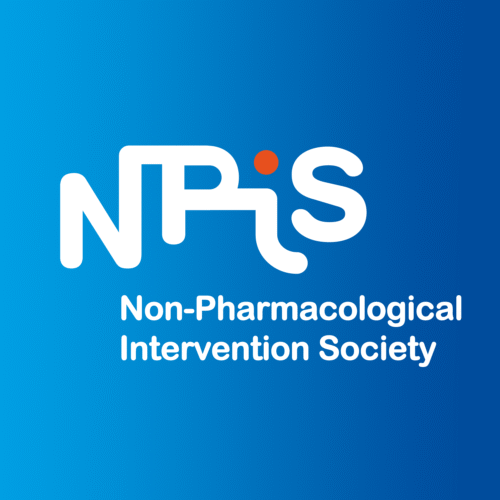From Training to Transformation: Student-Led Prevention Through Interdisciplinary Action
Galya CHAMOVA, Trakia University, Medical Faculty, Department of Social Medicine, Health Management and Disaster Medicine, BULGARIA
Background:
Preventive care and health promotion remain underrepresented in medical curricula. To address this gap, Trakia University (Bulgaria) piloted the Student Team Practice (STP)—an innovative interprofessional intervention that uniquely integrated social work into medical teams. The project empowered students from medicine, nursing, midwifery, rehabilitation, and social work to collaborate on lifestyle risk screening and community health promotion.
Methods:
In this experimental design, 100 students self-organized into interdisciplinary teams, with the structured inclusion of social work students. Each participant selected a role aligned with their interests. A mixed-methods approach—comprising surveys, thematic analysis, and observational reports—was used to evaluate the outcomes. Students developed applied products (e.g., digital self-assessment tools) and conducted real-world research on anthropometric and lifestyle-related health risks.
Results:
We developed a novel interprofessional structure, embedding social work in medical teams, which addressed the non-pharmacological management of metabolic syndrome and other lifestyle-related conditions. Emphasizing creative engagement, students produced over 25 applied educational tools and participated actively in scientific research. Quantitative and qualitative analyses showed that 73% of participants rated team effectiveness as high, 56% reported strong personal motivation, and over 85% positively evaluated peer leadership. Four student-led research projects were presented at international conferences, with two awarded first and second place.
Conclusions:
This innovative educational model, centred on health promotion, fosters student autonomy, creativity, and interprofessional collaboration. It enhances motivation for engagement in non-pharmacological patient care. Our findings also suggest that integrating social work into healthcare teams may be essential for addressing the social determinants of unhealthy lifestyles.


